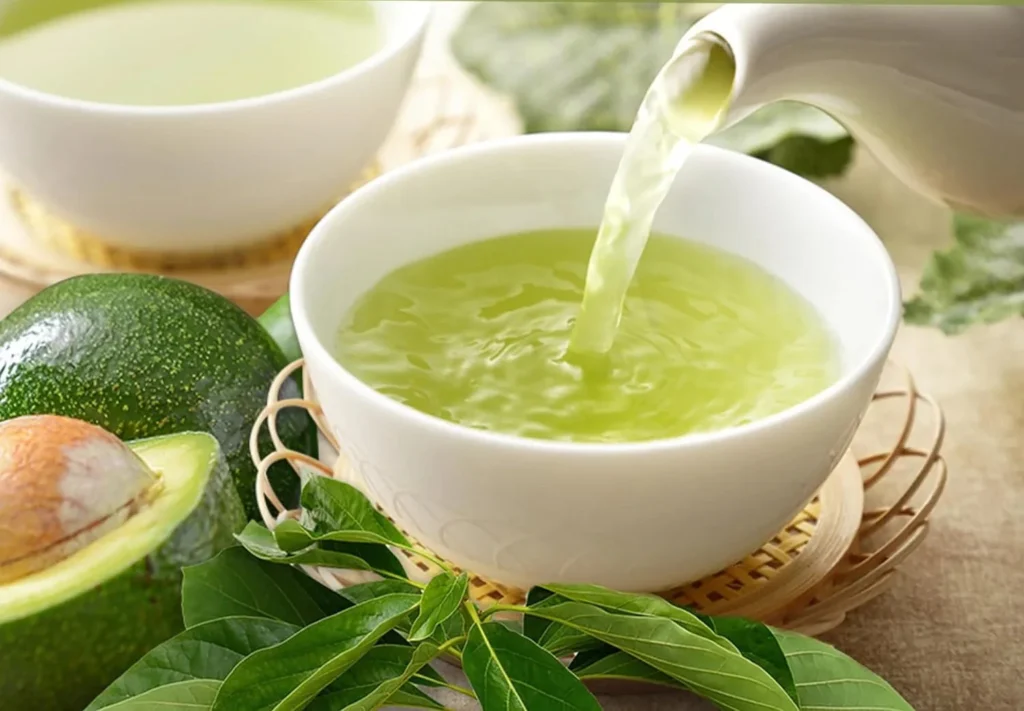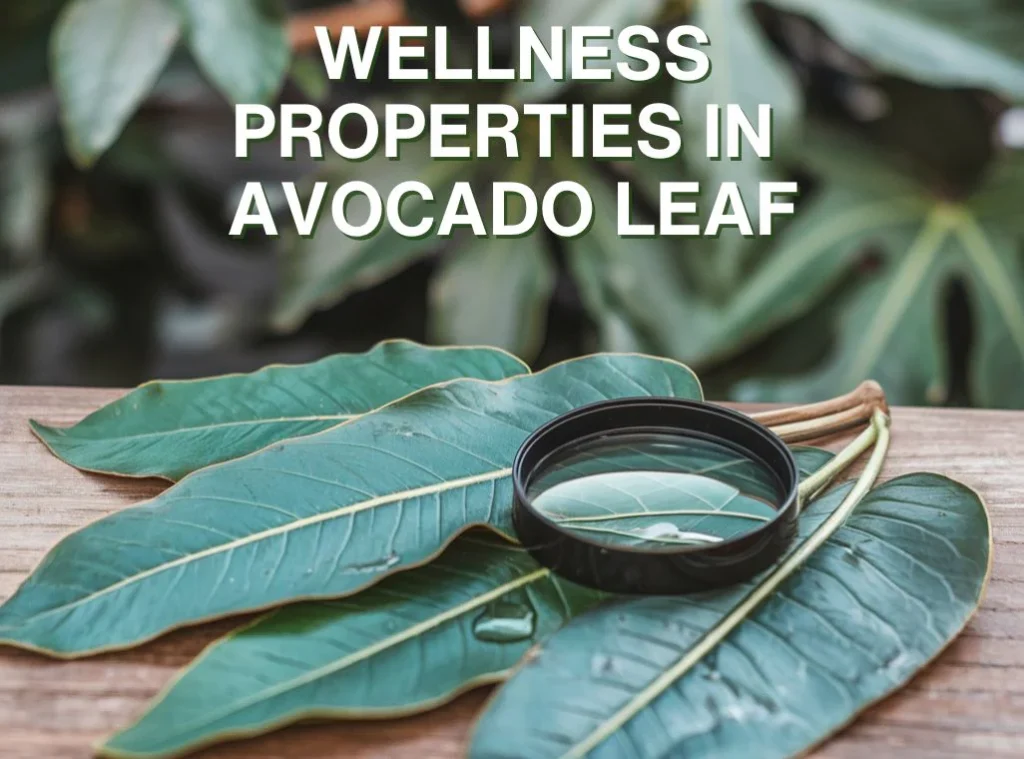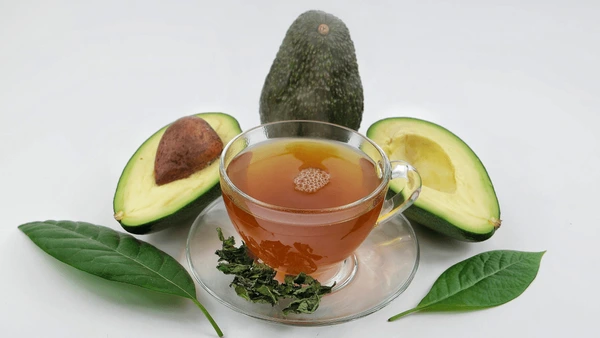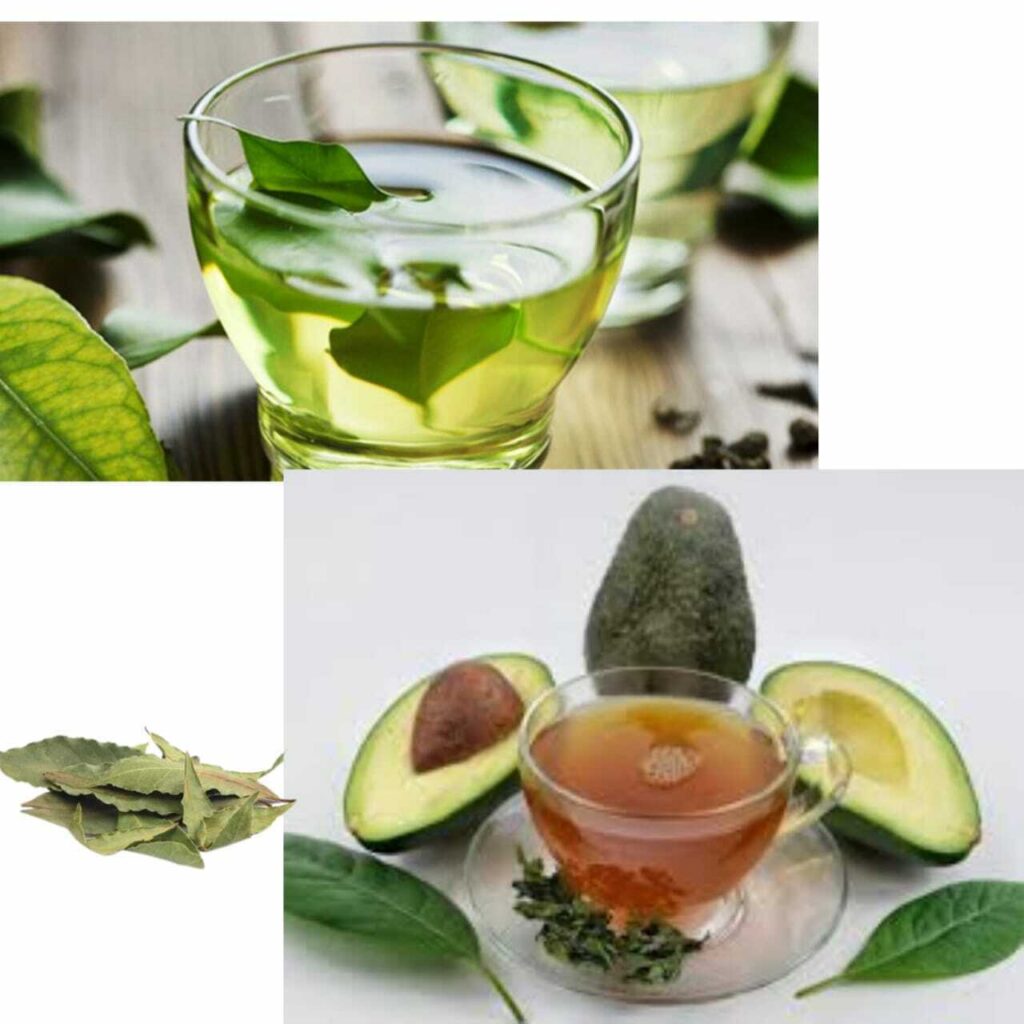Avocado leaves, often overshadowed by the fruit they accompany, have emerged as a powerhouse in the world of herbal teas. Steeped in tradition and validated by modern science, avocado leaves for tea offer a unique blend of flavor and wellness benefits. This article explores the history, nutritional profile, health advantages, and preparation methods of this underappreciated superfood.

Historical Roots of Avocado Leaves for Tea
The use of avocado leaves for tea dates back centuries, with origins in Aztec and Mayan cultures. These civilizations brewed the leaves as a medicinal elixir to address ailments ranging from digestive discomfort to inflammation 39. Today, this ancient practice is experiencing a revival, driven by growing interest in plant-based remedies and holistic health. The leaves of the Persea americana tree—particularly the Mexican variety (P. americana var. drymifolia)—are prized for their safety and efficacy, unlike some toxic Guatemalan varieties 9.
Nutritional Profile of Avocado Leaves
Avocado leaves are rich in bioactive compounds that contribute to their therapeutic properties:
- Phytochemicals: Flavonoids, tannins, and quercetin combat oxidative stress and inflammation 13.
- Minerals: Calcium, magnesium, potassium, and zinc support bone health, heart function, and immunity 13.
- Dietary Fiber: Aids digestion and metabolic balance 3.
- Antioxidants: Studies show avocado leaf extract has stronger antioxidant activity than vitamin C in neutralizing free radicals 37.
These components synergize to deliver a holistic wellness boost, making avocado leaves for tea a nutrient-dense choice.
10 Science-Backed Benefits of Avocado Leaves for Tea
1. Powerful Antioxidant Activity
The high concentration of quercetin and polyphenols in avocado leaves for tea neutralizes free radicals, reducing oxidative stress linked to chronic diseases like cancer and heart disease 37. A DPPH assay study found avocado leaf extract outperformed vitamin C in antioxidant potency, highlighting its protective role 3.

2. Supports Heart Health
Quercetin in avocado leaves enhances blood circulation, lowers blood pressure, and reduces arterial inflammation 13. Potassium and magnesium further regulate blood pressure, while zinc and calcium strengthen heart muscle function 37. Regular consumption may mitigate hypertension and improve cardiovascular resilience.
3. Enhances Digestive Health
The dietary fiber in avocado leaves for tea promotes gut motility and nutrient absorption, alleviating bloating and constipation 19. Traditional practices also use the tea to soothe stomach ulcers and reduce gas, thanks to its anti-inflammatory tannins 9.
4. Boosts Immune Function
Avocado leaves are rich in immune-modulating compounds like zinc and vitamin C. Their antimicrobial properties combat pathogens such as Streptococcus and Staphylococcus, offering natural defense against infections 79.

5. Regulates Blood Sugar Levels
Preliminary studies suggest avocado leaf extracts may lower blood glucose by improving insulin sensitivity. Flavonoids like quercetin enhance glucose metabolism, making avocado leaves for tea a potential adjunct for diabetes management 9.
6. Promotes Liver Health
Research on rats indicates avocado leaf extract reduces liver damage caused by toxins like carbon tetrachloride. The leaves’ antioxidants detoxify the liver and lower cholesterol-induced hyperlipidemia, supporting hepatic function 7.
7. Reduces Stress and Improves Mood
Avocado leaves contain serotonin precursors, which regulate mood and alleviate anxiety. The tea’s calming effects, combined with its caffeine-free nature, make it ideal for relaxation 13.

8. Strengthens Bones
With 18% of the daily calcium intake per cup, avocado leaves for tea aid in bone density preservation and reduce osteoporosis risk. Vitamin K enhances calcium absorption, further supporting skeletal health 36.
9. Enhances Skin and Hair Vitality
Topical applications of avocado leaf rinses improve scalp health and hair shine by fighting free radicals. Internally, the tea’s antioxidants reduce skin aging and inflammation 9.
10. Aids Weight Management
Low in calories and high in fiber, avocado leaves for tea promote satiety and metabolic efficiency. Studies note its role in reducing belly fat accumulation by balancing lipid metabolism 69.

How to Prepare Avocado Leaves for Tea
Choosing the Right Leaves
- Use Mexican avocado leaves (P. americana var. drymifolia), which are non-toxic and aromatic. Avoid bitter or unverified varieties 9.
- Opt for organic, dried leaves from reputable suppliers to ensure safety and potency 49.
Brewing Instructions
- Hot Tea:
- Add 1–2 dried leaves to 8 oz of hot water (190°F).
- Steep for 5–7 minutes; longer steeping enhances flavor without bitterness 810.
- Cold Brew:
- Steep leaves in cold water for 4–6 hours. Serve over ice with lemon or honey 10.
Blending for Variety
Modern brands like Avocado Tea Co. offer blends with chamomile, lemon, or black tea for diverse flavors and benefits 510.

Safety and Considerations
- Pregnancy: Consult a healthcare provider before use due to limited research 49.
- Medication Interactions: May affect blood thinners or diabetes medications 9.
- Allergies: Test with small doses initially 9.
Incorporating Avocado Leaves into Daily Life
Beyond tea, avocado leaves can:
- Enhance Recipes: Add toasted leaves to soups, stews, or beans for an anise-like flavor 9.
- DIY Beauty: Use cooled tea as a hair rinse or facial toner 9.
Conclusion
Avocado leaves for tea represent a bridge between ancient wisdom and modern wellness. From heart health to stress relief, their multifaceted benefits are backed by both tradition and emerging science. Whether enjoyed as a simple brew or a creative blend, this caffeine-free herbal tea offers a natural path to holistic health. As interest grows, brands like Harney & Sons and Avocado Tea Co. are making it easier than ever to incorporate this superfood into daily rituals 45.
Embrace the legacy of the avocado tree—one leaf at a time.